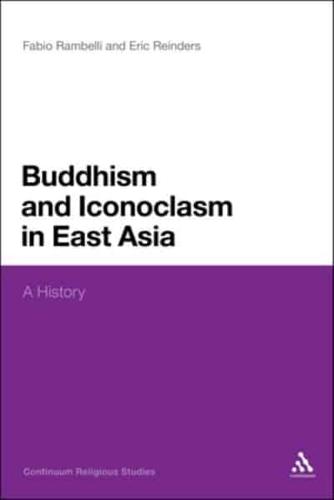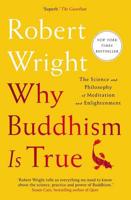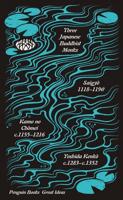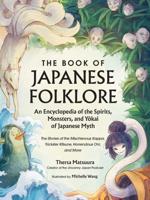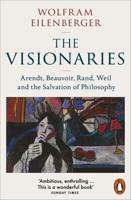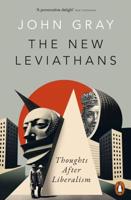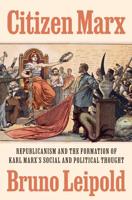Publisher's Synopsis
This is a cross-cultural study of the multifaceted relations between Buddhism, its materiality, and instances of religious violence and destruction in East Asia, which remains a vast and still largely unexplored field of inquiry. Material objects are extremely important not just for Buddhist practice, but also for the conceptualization of Buddhist doctrines; yet, Buddhism developed ambivalent attitudes towards such need for objects, and an awareness that even the most sacred objects could be destroyed.
After outlining Buddhist attitudes towards materiality and its vulnerability, the authors propose a different and more inclusive definition of iconoclasm-a notion that is normally not employed in discussions of East Asian religions. Case studies of religious destruction in East Asia are presented, together with a new theoretical framework drawn from semiotics and cultural studies, to address more general issues related to cultural value, sacredness, and destruction, in an attempt to understand instances in which the status and the meaning of the sacred in any given culture is questioned, contested, and ultimately denied, and how religious institutions react to those challenges.
